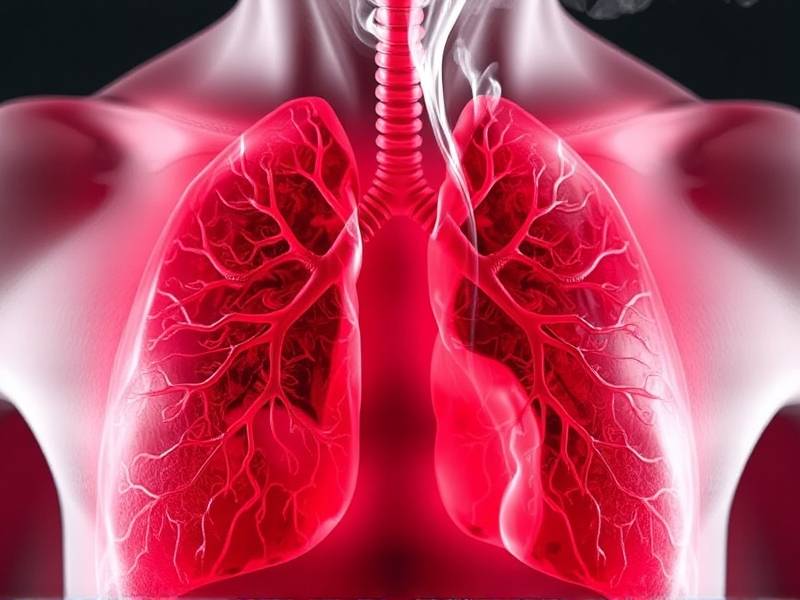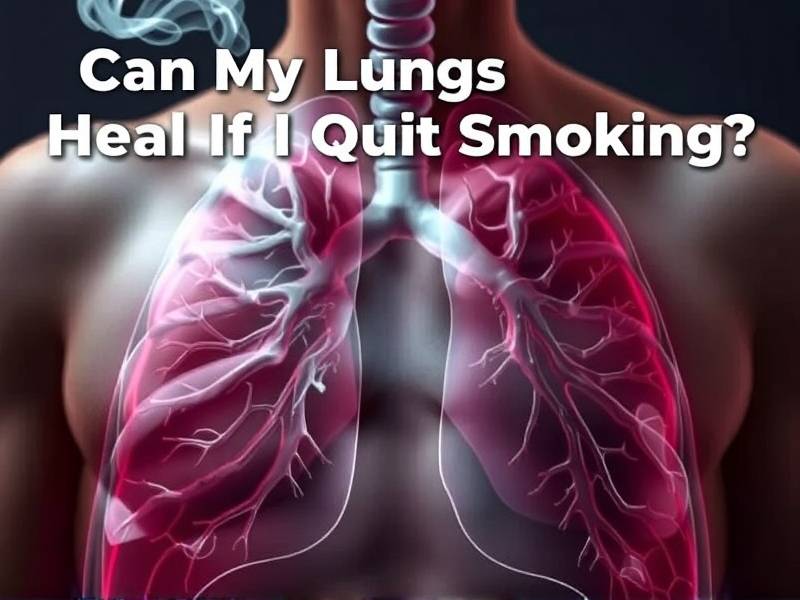Can My Lungs Heal If I Quit Smoking?
Introduction
The decision to quit smoking is a significant step towards improving one's health. Many smokers are often concerned about the potential for their lungs to heal once they stop. This article delves into the science behind lung healing and provides insights into what you can expect if you quit smoking.

The Reality of Smoking-Induced Damage
Smoking causes significant damage to the lungs, leading to a variety of respiratory issues. The harmful chemicals in tobacco smoke can inflame the airways, damage lung tissue, and lead to chronic conditions like chronic obstructive pulmonary disease (COPD) and emphysema.
The Healing Process
When you quit smoking, your body begins an impressive healing process. Here’s what happens:

1. Immediate Benefits
Within 20 minutes of quitting, your heart rate and blood pressure begin to drop as your body starts to clear out the toxins from tobacco smoke.
2. Within Days
After just a few days, your breathing improves as your lungs start to clear out mucus and debris accumulated from smoking.
3. Within Weeks
Within a few weeks of quitting, your lung function may improve significantly. You might notice that you have more energy and are less short of breath when performing everyday activities.
4. Within Months
After a few months, your lungs continue to heal as the inflammation decreases. Your risk of infections decreases as well.
5. Within Years
Over time, the risk of developing COPD or emphysema decreases significantly if you remain smoke-free. Your lungs may not return entirely to their pre-smoking state but will be much healthier than they were when you were smoking.
Factors Influencing Healing
It’s important to note that not everyone's healing journey is the same. Several factors can influence how quickly and effectively your lungs heal:
- Duration of Smoking: The longer you smoked, the more damage there is to repair.
- Age: Younger individuals tend to heal faster than older ones.
- Overall Health: Smokers with other health issues may have a slower healing process.
- Commitment to Quitting: Staying smoke-free is crucial for optimal lung healing.
Staying Smoke-Free
To maximize lung healing, it’s essential to remain smoke-free. This means avoiding secondhand smoke and nicotine replacement therapies that can still pose risks if not used responsibly.
Conclusion
The good news is that your lungs can indeed heal if you quit smoking. While it may take time and commitment, the benefits are significant—improved health, reduced risk of serious diseases, and ultimately, a better quality of life.
Remember, every puff counts—quit today for healthier lungs tomorrow!
